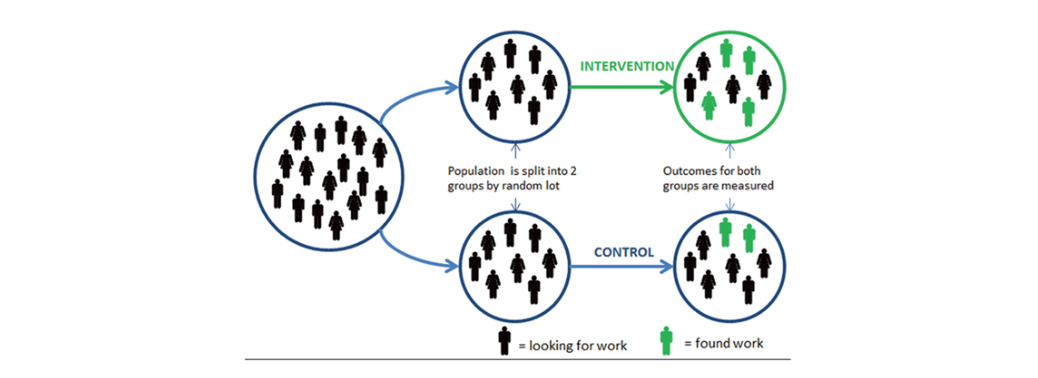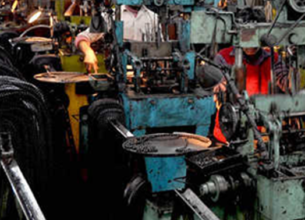RANDOMISED CONTROLLED TRIAL (RCT)
16, Oct 2019

Prelims level : Economics
Mains level : GS-III- Indian Economy and issues relating to Planning, Mobilization of Resources, Growth, Development and Employment.
Why in News?
- The new Economics Nobel laureates – Abhijit Banerjee, Esther Duflo and Michael Kremer – are considered to be instrumental in using randomised controlled trials to test the effectiveness of various policy interventions to alleviate poverty.
What is a Randomised Controlled Trial?
- A randomised controlled trial is an experiment that is designed to isolate the influence that a certain intervention or variable has on an outcome or event.
- A social science researcher who wants to find the effect that employing more teachers in schools has on childrenʼs learning outcomes, for instance, can conduct a randomised controlled trial to find the answer.
- The use of randomised controlled trials as a research tool was largely limited to fields such as biomedical sciences where the effectiveness of various drugs was gauged using this technique.
- Banerjee, Ms. Duflo and Mr. Kremer, however, applied RCT to the field of economics beginning in the 1990s. Mr. Kremer first used the technique to study the impact that free meals and books had on learning in Kenyan schools.
- Banerjee and Ms. Duflo later conducted similar experiments in India and further popularised RCTs through their book Poor Economics, published in 2011.
Significance of RCTs:
- RCTs allow economists and other social science researchers to isolate the individual impact that a certain factor alone has on the overall event.
- For instance, to measure the impact that hiring more teachers can have on childrenʼs learning, researchers must control for the effect that other factors such as intelligence, nutrition, climate, economic and social status etc., which may also influence learning outcomes to various degrees, have on the final event.
- Randomised controlled trials promise to overcome this problem through the use of randomly picked samples.
Criticisms against RCTs:
- A popular critic of randomised controlled trials is economist Angus Deaton, who won the economics Nobel Prize in 2015.
- Deaton has contended in his works, including a paper titled “Understanding and misunderstanding randomised control trials” that simply choosing samples for an RCT experiment in a random manner does not really make these samples identical in their many characteristics.
- While two randomly chosen samples might turn out to be similar in some cases, there are greater chances that most samples are not really similar to each other.
- Other economists have also contended that randomised controlled trials are more suited for research in the physical sciences where it may be easier to carry out controlled experiments.
- They argue that social science research, including research in the field of development economics, may be inherently unsuited for such controlled research since it may be humanly impossible to control for multiple factors that may influence social events.












